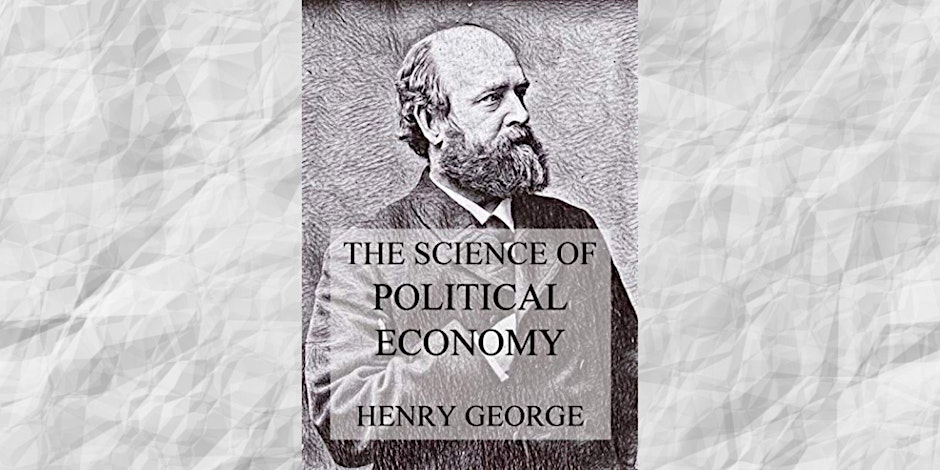
WHAT IS MODERN MONETARY THEORY (MMT)?
Modern Monetary Theory (MMT) is a heterodox school of macroeconomic thought that asks:
* To what degree is your country monetarily sovereign?
* How does that impact the economic policies your country is able to pursue?
A monetarily sovereign nation is one which issues its own currency, does not peg the value of that currency to any other currency or to any precious metal, and whose government does not take on debt in any currency other than its own.
The United States, Canada, Australia and the United Kingdom are all monetarily sovereign nations. Countries like France and Italy, which are part of the Eurozone are not. Neither are the countries in Africa which are former French colonies and which continue to use the CFA Franc.
It turns out that whether a country is monetarily sovereign or not has
tremendous importance in determining the economic policies a country can pursue in response to crises, whether those crises be economic, political, medical or ecological. Modern monetary theory explains, for example, why the U.S. federal government can create hundreds of billions of dollars to spend in response to the COVID-19 pandemic, while state and local governments (not to mention individual households) cannot.
In this five-session, students will get a taste of macroeconomics — the study of the overall determination of output, employment and prices — from the MMT perspective. Upon taking this course students will be able to understand and participate in current economic policy discussions.
Essential Reading
Stephanie Kelton
“The Deficit Myth: Modern Monetary Theory and the Birth of the People’s Economy”
Public Affairs/Hachette Book Group. 2020.
Richard Murphy
“The Joy of Tax: How a fair tax system can create a better society”
Corgi Books/Transworld Publishers. 2015.
Yeva Nersisyan and L. Randall Wray
“How to Pay for the Green New Deal”
Levy Economics Institute of Bard College, Working Paper No. 931. 2019.
http://www.levyinstitute.org/pubs/wp_931.pdf
Pavlina R. Tcherneva
“The Case for a Job Guarantee”
Polity Press. 2020.
L. Randall Wray
“Modern Money Theory: A Primer on Macroeconomics for Sovereign Monetary Systems”
Palgrave Macmillan. 2015 (second edition).
Recommended Reading
Christine Desan
“Making Money: Coin, Currency, and the Coming of Capitalism”
Oxford University Press. 2014.
David Graeber
“Debt: The First 5,000 Years”
Melville House. 2014.
John Maynard Keynes
“How to Pay for the War”
Macmillan. 1940.
William Mitchell, L. Randall Wray and Martin Watts
“Macroeconomics”
Red Globe Press/Macmillan International. 2019.
Warren Mosler
“The 7 Deadly Innocent Frauds of Economic Policy”
Valance Company. 2010.
Warren Mosler
“Soft Currency Economics II: What Everyone Thinks They Know About Monetary Policy Is Wrong”
Valance Company. 2012.
Fanny Pigeaud and Ndongo Samba Sylla
“L’Arme Invisible de la Françafrique: Une Histoire du Franc CFA”
La Decouverte. 2018. (In French)
Robert Skidelsky
“Money and Government: The Past and Future of Economics”
Yale University Press. 2018.
L. Randall Wray
“Understanding Modern Money: The Key to Full Employment and Price Stability”
Edward Elgar. 1998.
Instructor: James Keenan
Dates: Mondays | 11/9, 11/16, 11/23, 11/30, 12/7
Time: 6:30 PM – 8:30 PM
5 sessions
A link to join the online course will be provided via email before the start of the first session.


